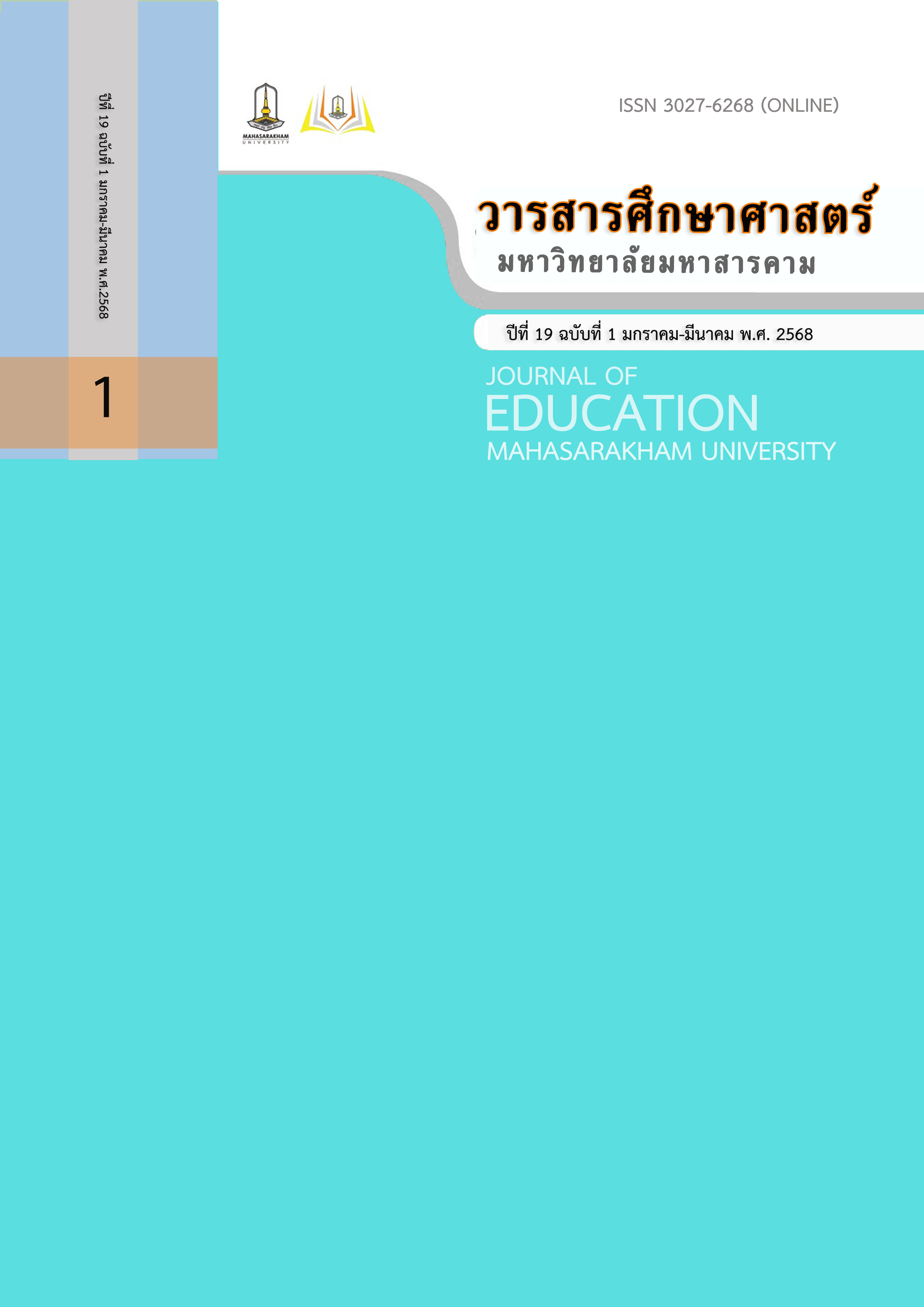The Emotional Intelligence (EQ) of Educational Institution Administrators in the 21st Century
Main Article Content
Abstract
Emotional intelligence (EQ) is a crucial skill in an era of rapid change, particularly in the context of educational institution administration. Administrators with high EQ can effectively recognize and manage their own emotions and those of others, enabling better decision-making in challenging situations. Understanding the emotions of team members and students helps create a positive working atmosphere and reduces stress within the organization. Timely emotional management allows administrators to foster good relationships and camaraderie within the team, which is essential for developing cooperation and mutual understanding.
In the article, educational institution administrators with EQ can appreciate the value of creating a supportive learning environment. Understanding the needs and emotions of students enables them to design curricula and activities that genuinely meet student needs. Moreover, using EQ in conversations and communication with students helps bridge the gap between administrators and students, fostering trust and openness, which leads to increased participation in various constructive activities that enhance quality learning. This article emphasizes on the importance of developing EQ among school administrators in the 21st century, highlighting that those with high EQ not only manage educational institutions effectively but also play a vital role in creating a quality learning community for students and the community at large. The development of EQ enhances decision-making abilities in challenging situations, promotes positive relationships within the educational institution, and reduces workplace stress. Furthermore, developing EQ is seen as a significant investment in the future of education, elevating the quality of school management and supporting long-term success for educational organizations in navigating the changes of the 21st century sustainably.
Downloads
Article Details

This work is licensed under a Creative Commons Attribution-NonCommercial-NoDerivatives 4.0 International License.
References
บุญชม ศรีสะอาด. (2561). การบริหารและการจัดการศึกษา. กรุงเทพมหานคร: สำนักพิมพ์แห่ง จุฬาลงกรณ์มหาวิทยาลัย.
วีระวัฒน์ ปันนิตามัย. (2551). เชาวน์อารมณ์ (EQ) ดัชนีเพื่อความสุขและความสำเร็จของชีวิต. กรุงเทพฯ: สำนักพิมพ์การศึกษาไทย.
Bar-On, R. (2000). Emotional and social intelligence: Insights from the emotional quotient inventory.
Brackett, M.A., & Rivers, S.E. (2014). Transforming Students’ Lives with Social and Emotional Learning.
Bradberry, T., & Greaves, J. (2009). Emotional Intelligence 2.0. TalentSmart.
Caruso, D. R., & Salovey, P. (2004). The Emotionally Intelligent Manager. Jossey- Bass.
Goleman, D. (2000). Leadership that gets results. Harvard Business Review.
Salovey, P., & Mayer, J. D. (1990). Emotional intelligence. Imagination, Cognition, and Personality, 9(3), 185-211. https://doi.org/10.2190/DUGG-P24E-52WK-6E20


